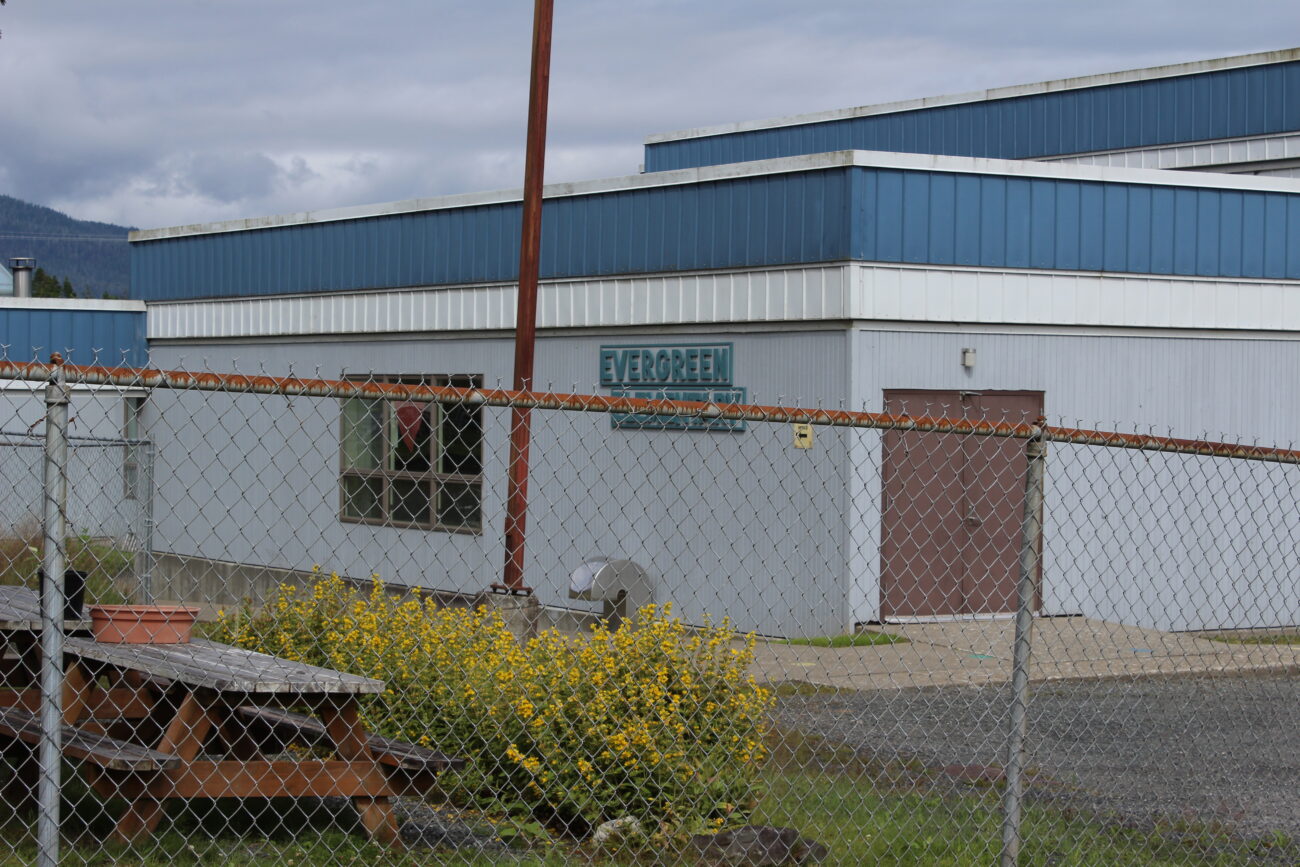
(Sage Smiley / KSTK)
Wrangell Public Schools has passed a $5 million budget for the coming year, ahead of its May 1 deadline to submit a financial plan to the borough.
The budget passed by the school board on March 20 is more than $300,000 less than the current year’s revised budget. But even with expenses tightened down, the FY24 budget projects a $53,000 deficit, which will be paid using the district’s savings.
District officials say that’s not a sustainable model to spend reserve money, but they don’t have many other choices. The vast majority of the budget goes to the salaries and benefits of teachers and school staff at the district’s three schools.
Kristy Andrew with Wrangell’s contracted business management company, K12 Business Services, told school board members the budget will shift somewhat, but there’s not a lot of wiggle room.
“One thing that we really want to keep an eye on is going to be our fund balances,” Andrew explained. “We’re estimating a balance at year-end of about $432,000. And with the 10% limitation [it will be] $189,000, which is really quite low, so I just want the board to be aware of that as we move through budget revisions and into the next fiscal year.”
By state law, school districts can’t have savings of more than 10% of what they spend in a given year.
And while the district can make do with spending some reserves this coming year, there’s a major financial burden looming in the following year (FY25). Right now, the district is paying the salaries of its two principals out of a federal pandemic relief grant (ESSER-III). That money will run out, and the schools will have to find a way to absorb the approximately $260,000-worth of salaries and benefits for principals.
The school district could get more state funding if lawmakers decide to increase the Base Student Allocation (BSA), or the amount of money Alaska sends school districts per student. That payment hasn’t grown since 2017, even while inflation has spiked, leaving Alaska school districts doing more with less money. But multiple bills making their way through the state legislature could address that issue.
One proposal – state Senate Bill 52 – would raise the BSA by $1,000. But even that increase wouldn’t entirely make up for inflation in the last five years. In the state house, Ketchikan independent Rep. Dan Ortiz, who represents Wrangell and other southern Southeast communities, has proposed an increase of $1,250 – just over 21%.
While Wrangell’s school board isn’t counting on a BSA increase to balance its budget, school officials are doing all they can to lobby for more funding for the state’s public schools.
The district’s budget for the coming year assumes a slight drop in local funding – a total of $1.6 million: $725,000 from borough taxes and $875,000 from a passthrough of federal money given to former logging communities.
It’ll be up to Wrangell’s Borough Assembly to approve the amount of funding the borough ultimately passes on to the school district before passing their own budget later this spring.
Get in touch with KSTK at news@kstk.org or (907) 874-2345.












